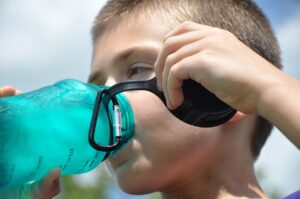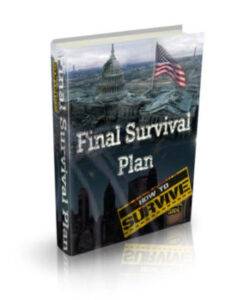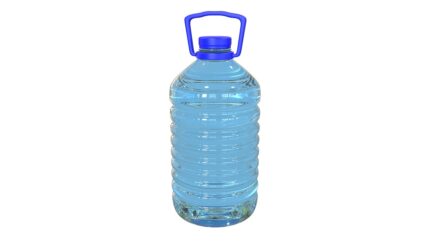Rationing Food and Water: A Crucial Skill for Surviving Emergencies
In times of emergencies or natural disasters, one of the most crucial skills to have is the ability to ration food and water. Being able to properly manage your resources can mean the difference between life and death, especially when help is not immediately available.

Here are some tips for effective food and water rationing during emergencies:
1. Assess your resources
Before you begin rationing, it is important to take stock of what you have. Make a list of all the food and water you have on hand and estimate how long it will last. This will give you an idea of how much you need to ration and for how long.
2. Prioritize your needs
In an emergency situation, it is important to prioritize your needs. Focus on essentials such as water, protein, and carbohydrates. Packaged and processed foods should be avoided whenever possible as they take up a lot of space and have a short shelf life.
3. Determine your daily intake
 Depending on your age, gender, and level of activity, your daily intake of food and water may vary. Calculate how many calories and liters of water you need per day, and then divide your total resources by the number of days you need to survive.
Depending on your age, gender, and level of activity, your daily intake of food and water may vary. Calculate how many calories and liters of water you need per day, and then divide your total resources by the number of days you need to survive.
4. Use portion control
Portion control is important when rationing food and water.
Instead of eating large meals, break down your daily intake into smaller, more frequent meals. This will help keep you energized and prevent hunger from setting in.
5. Practice food and water preservation
Preserving your food and water supplies can extend their shelf life and help you stretch your resources. Some preservation methods include canning, dehydrating, and storing food in a cool, dry place.
Learning the skill of food and water rationing is essential for surviving emergencies. By assessing your resources, prioritizing your needs, determining your daily intake, using portion control, and practicing food and water preservation, you can effectively manage your resources and increase your chances of survival. Stay safe and be prepared for anything!
To learn more read our review: The Final Survival Plan Review


